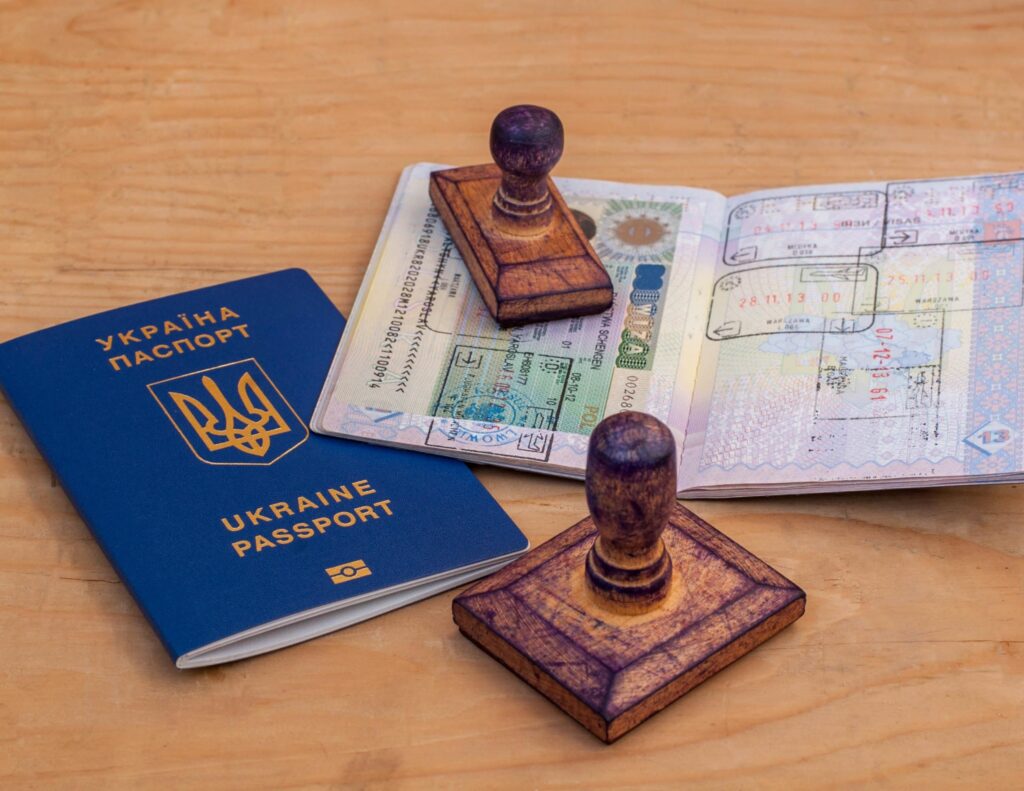
Prioritizing Your Well-being: A Comprehensive Guide to Health and Safety Abroad
Studying abroad offers unmatched chances for both intellectual and personal development, making it a thrilling and life-changing experience. To guarantee a pleasant and easy trip, it is imperative to put your health and safety first. Being prepared and proactive can help you manage potential problems and make the most of your stay in a new nation. This thorough guide offers crucial pointers and counsel to keep you safe and healthy while studying abroad.
The Cornerstone of Security: Importance of Health Insurance for International Students
Getting full health insurance is essential before starting your study abroad journey. International students must have health insurance at the majority of universities, and some even provide their own policies. Your local health insurance probably won’t cover you overseas, so don’t count on it. Make sure the health insurance plan you select satisfies both your needs and the standards of your host school by doing thorough research.
Essential Coverage: Your health insurance should ideally cover:
• Emergency Medical Treatment: This includes hospitalization, surgery, ambulance services, and other emergency medical care.
• Routine Check-ups and Preventive Care: Don’t neglect routine check-ups just because you’re abroad. Your insurance should cover visits to doctors for general health concerns and preventive care.
• Prescription Medication: Ensure your insurance covers prescription medications you may need, including refills. It’s also wise to bring a sufficient supply of any necessary medications with you, along with a doctor’s note.
• Mental Health Services: Mental health is just as important as physical health. Check if your insurance covers mental health counseling and therapy sessions.
• Repatriation Costs: In the unfortunate event of a serious illness or death, repatriation coverage will help transport your remains or bring you home for treatment.
• Pre-existing Conditions: Clarify with the insurance provider if pre-existing medical conditions are covered and what the limitations might be.
• COVID-19 Coverage: In the post-pandemic world, it’s absolutely essential to confirm your insurance covers COVID-19 related illnesses, testing, and quarantine requirements.
Understanding the System: Familiarize Yourself with Local Healthcare Systems
Understanding how the healthcare system works in your host country can save you valuable time and reduce stress during emergencies. Research the following:
• Accessing Medical Care: How do you make an appointment with a doctor? Are there walk-in clinics or urgent care centers? What is the process for emergency care?
• Nearest Hospitals and Clinics: Locate the nearest hospitals and clinics to your accommodation and save their contact information in your phone.
• English-Speaking Doctors: If you are not fluent in the local language, research the availability of English-speaking doctors or medical professionals.
• Emergency Services: Know the local emergency numbers (e.g., ambulance, fire department, police) and how to contact them.
Preparation is Key: Vaccination and Medical Records
Getting full health insurance is essential before starting your study abroad journey. International students must have health insurance at the majority of universities, and some even provide their own policies. Your local health insurance probably won’t cover you overseas, so don’t count on it. Make sure the health insurance plan you select satisfies both your needs and the standards of your host school by doing thorough research.
Staying Safe: Navigating a New Environment
• Cultural Awareness: Learning about the local customs, traditions, and social norms is crucial for avoiding misunderstandings and staying safe. Be respectful of local customs and be mindful of your behavior in public.
• Emergency Contacts: Save the local emergency contact numbers (police, ambulance, fire department) in your phone and make sure you know how to use them. Also, store important numbers like your university’s emergency contact and your embassy or consulate’s contact information.
• Safe Transportation: Use licensed and reputable transportation options. Avoid walking alone in unsafe areas, especially at night. Be aware of your surroundings and take precautions to protect yourself from petty theft.
• Personal Safety: Be aware of your surroundings and take precautions to protect yourself from crime. Avoid displaying expensive jewelry or electronics in public. Be cautious about sharing personal information with strangers.
Mental and Emotional Well-being: Nurturing Your Inner Self
Your mental health may suffer as a result of homesickness, culture shock, and the strain of acclimating to a new setting. Making your mental health a priority is equally as crucial as looking after your physical health.
• Join Student Communities: Connecting with other international students can provide a sense of community and support. Join student clubs, organizations, or online forums to connect with people who understand what you’re going through.
• Practice Self-Care and Mindfulness: Engage in activities that help you relax and de-stress, such as yoga, meditation, or spending time in nature. Prioritize self-care and make time for activities you enjoy.
• Seek Counseling Services: Many universities offer counseling services and peer support programs for international students. Don’t hesitate to reach out for help if you’re feeling overwhelmed, anxious, or depressed.
Food and Water Safety: Staying Healthy from Within
Food and water safety are essential for preventing illness while studying abroad.
• Hygienic Food Sources: Stick to reputable restaurants and food vendors. Avoid street food that looks unhygienic or has been sitting out for a long time.
• Safe Water: Always drink bottled or filtered water, especially in areas where tap water is not safe. Be cautious about consuming ice, as it may be made from tap water.
Staying Active and Fit: A Healthy Body, A Healthy Mind
Regular physical activity is essential for maintaining a healthy lifestyle and improving mental and physical health. Whether it’s yoga, running, swimming, or joining a sports club, find something you enjoy doing.
Dealing with Emergencies: Being Prepared
• Embassy Contacts: Keep a list of contact information for your embassy or consulate in your host country. Inform them of your location and travel plans, especially if you are traveling to remote areas.
• Emergency Cash and ID: Always have some emergency cash and a copy of your passport or other identification documents readily accessible. Store these separately from your main wallet or purse.
Financial Safety: Protecting Your Resources
• Secure Payment Methods: Use secure payment methods, such as credit cards or debit cards, whenever possible. Avoid carrying large amounts of cash.
• Be Cautious of Scams: Be aware of common scams targeting international students, such as fake job offers or fraudulent housing listings. Be wary of deals that seem too good to be true.
Regular Health Check-ups: Prevention is Key
Schedule regular medical check-ups during your stay abroad to ensure you remain in good health. Preventive care is always better than dealing with a health issue after it develops.
Conclusion: Enjoying a Safe and Enriching Experience
You may have a safe, healthy, and fulfilling study abroad experience if you are organised, watchful, and put your health first. Keep in mind that your health and safety come first, and that you can take full advantage of this amazing opportunity if you take proactive measures to safeguard yourself. You may make the most of your time overseas and produce lifelong experiences if you plan ahead and take a thoughtful approach.



